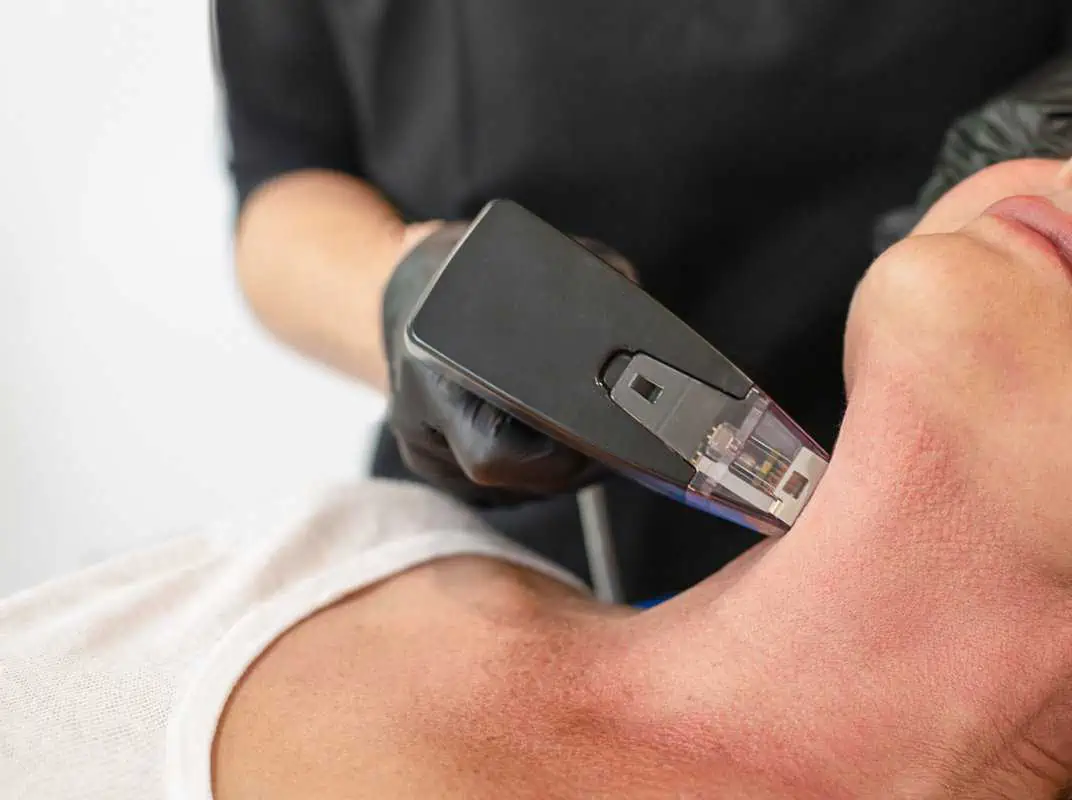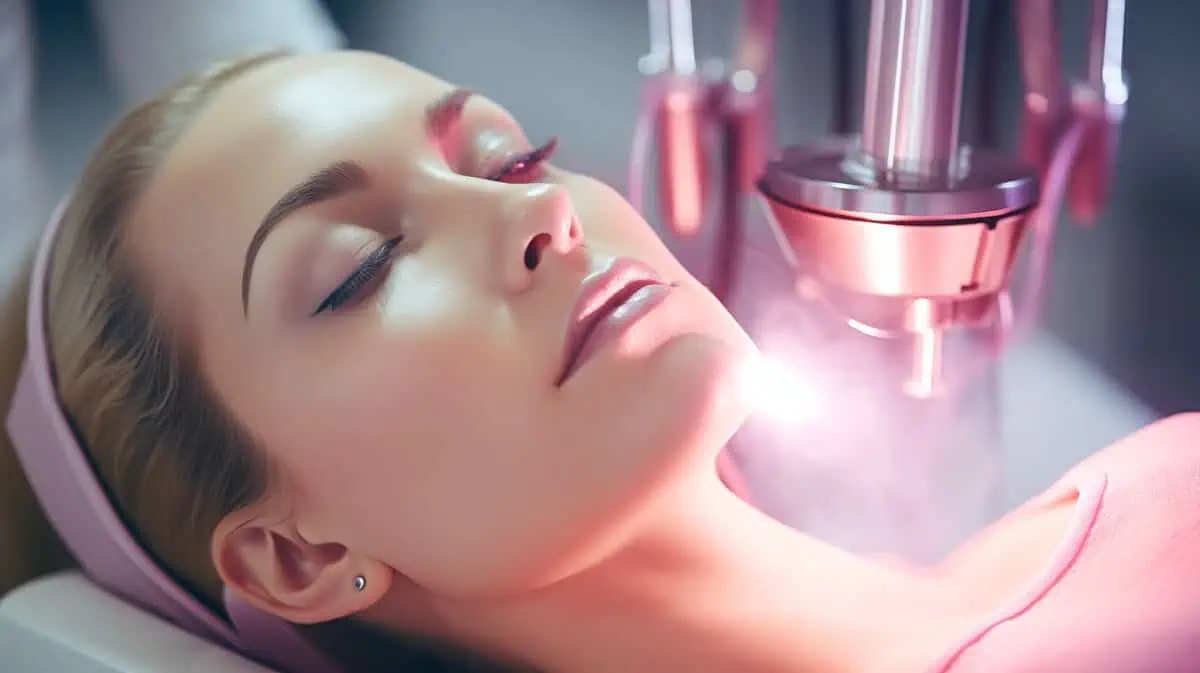Hormone therapy is today’s modern approach to hormonal balance. Hormone replacement therapy, HRT, or hormone therapy, can help balance estrogen and progesterone levels during or near menopause. Also, there are many other known reasons why doctors might prescribe supplementary sex hormones.
Today, let us know more about hormone therapy, its uses, common types, and some alternatives we can also choose. Read until the end and discover if this treatment is for you.
What is Hormone Therapy?
Also known as menopausal hormone therapy or HRT, hormone therapy can help alleviate hot flashes, sweating, and other symptoms of menopause. In addition, hormone therapy can also reduce the risk of osteoporosis. Some hormone therapy types contain progesterone and estrogen, while others have only estrogen. Sometimes they include testosterone.
Below, learn about hormone therapy’s uses, types, and risks.
Uses
Hormone therapy potentially addresses a wide range of issues. With the right combination and dosage of the hormones, depending on the reason for prescribing this treatment, all your hormonal needs can be treated using hormone therapy.
Menopause
Contrary to popular belief, menopause is not an illness but a natural transition of a female’s body from the years females reproduce toward the next phase of their lives. Many women go through menopause without needing any treatment. However, various treatment approaches are available if the transition causes troubling or distracting symptoms.
Around menopause, many people experience:
- bone thinning, or osteoporosis
- difficulties with concentration and memory
- hot flashes and night sweats
- irregular periods
- mood changes
- sleep problems
- thinning hair
- urinary problems
- vaginal dryness
Hormone therapy can aid in the management of some of the earlier-mentioned symptoms. Additionally, some clinical studies have suggested that HRT may help:
- improve muscle function
- prevent skin aging in some people when used cautiously
- reduce mortality among younger postmenopausal people
- reduce the risk of heart failure and heart attacks
However, confirming these said benefits will need additional and further research.
Hormones and Menopause
Hormone therapy involves hormones. In females, progesterone and estrogen levels fluctuate throughout each month, significantly contributing to a woman’s menstrual cycle. Also, these levels change throughout their lifetime.
Perimenopause
Estrogen and progesterone levels start to fall and fluctuate for most women in their 40s, although for some, menstruation will continue for some time. Periods may start becoming less regular than usual, and hot flashes and other menopause symptoms may begin to appear during this time. While menstruation continues, it is possible to become pregnant, although the chances reduce with time.
Perimenopause, or the lead-up to menopause, usually lasts for around seven (7) years, but it can occur for up to 14 years, according to the National Institute on Aging.
Menopause
Another factor involved in hormone therapy is menopause. It begins 12 months after a person’s last period. On average, this occurs at 52 in the United States. After menopause, it is no longer possible to become pregnant without medical assistance. Everyone experiences menopause differently, but hot flashes, mood changes, and other symptoms are expected.
Early Menopause
Menopause begins earlier for some people, and hormone therapy can be helpful if this happens. People who experience the transition early may:
- have certain autoimmune diseases
- have certain genetic or chromosomal factors
- have had surgery to remove the uterus, ovaries, or both
- have some types of cancer
- smoke
Sometimes, the transition starts early for no apparent reason. Anyone scheduled to undergo surgery or another treatment that will affect their reproductive system should ask about the likelihood of experiencing early menopause. A doctor can describe the range of hormone therapy treatments available, should a person need them.
Live a more balanced life with our hormone replacement therapy
As we age, the likelihood of a hormonal imbalance becomes more and more common. Luckily, medical professionals can detect hormonal imbalances through a simple blood test. Furthermore, hormone therapy can help with this problem.
If an imbalance is detected, hormone optimization, hormone replacement therapy, HRT, or hormone therapy, may be recommended. You can replace hormones through oral medication, patches, or creams. Medical professionals will work with you to determine the best option for you.
An imbalance in your hormone levels can cause several health concerns, including:
- depression
- fatigue
- loss of sex drive
- memory loss
- sleep problems
- weight gain
Hormone therapy is often recommended for women experiencing negative symptoms during menopause or couples experiencing trouble with their sex lives. While these are the most common uses, there are a variety of other instances where practitioners may recommend them.
Your Hormones
Hormones are your body’s chemical messengers, controlling and coordinating activities throughout the body. Each type of hormone has specific functions it’s supposed to perform, and hormone therapy aids in this dilemma.
Main types of hormones:
- Cortisol
- Estrogen
- Insulin
- Progesterone
- Prolactin
- Serotonin
- Testosterone
- Thyroid Hormones
The body has a normal range for each type of hormone. When the degree is higher or lower than average, you can experience the variety of symptoms listed above.
Hormone Replacement Therapy (HRT)
Hormone replacement therapy, HRT, or hormone therapy, is designed to help support your naturally occurring hormones or replace hormones no longer being produced by the body.
One of the most common uses for HRT is with women going through menopause who may be experiencing uncomfortable symptoms like hot flashes and vaginal dryness. These symptoms are caused by lower levels of estrogen, which experts can replace through hormone therapy.
Another everyday use is when couples are experiencing problems in the bedroom, like a decline in sex drive, physical sensitivity, or vaginal dryness. Low testosterone (often referred to as Low T) is often to blame for a man’s lowered sex drive, but low levels in women can also have negative implications. Low estrogen levels are the most common reason for a decline in a woman’s sex drive.
If you’re experiencing any of the said symptoms, medical professionals are standing by and ready to help you with hormone therapy. Whether you have a hormonal imbalance or something else is to blame for your symptoms, we’re here to provide you with a customized plan to get you on the road to feeling better (and younger) as soon as possible.
Final Takeaways
Hormone therapy effectively reinvigorates our body from lost hormones and keeps their levels in check. Discuss all your options for hormone therapy with your trusted doctor or healthcare provider.
Our wonderful friends at Resurgence Wellness can help you today if you are looking for effective hormone therapy treatments.







